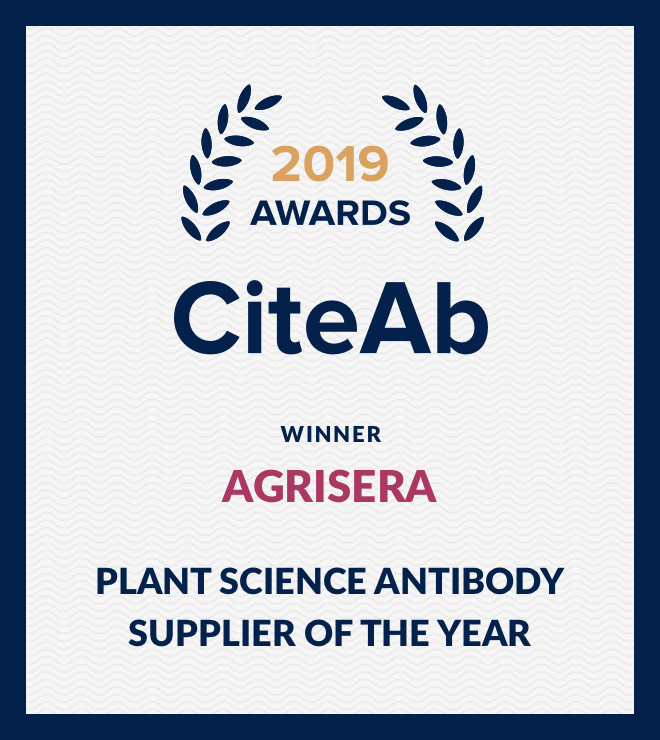Cookie Settings
We use cookies to personalize content and ads, to provide social media features, and to analyze our traffic. We also share information about your use of our site with our social media, advertising, and analytics partners who may combine it with other information that you've provided to them or that they've collected from your use of their services.
We respect your privacy, and that's why we give you control over which types of cookies we use on our site. You can choose to accept or decline certain types of cookies by clicking the settings button below.









